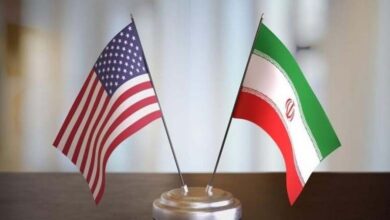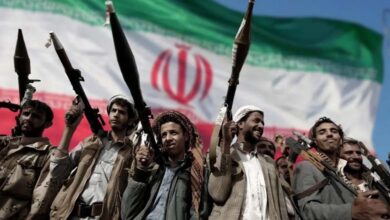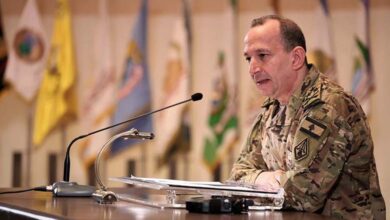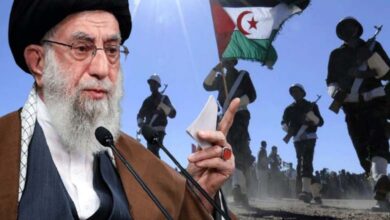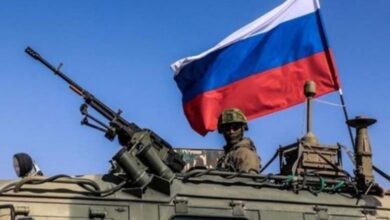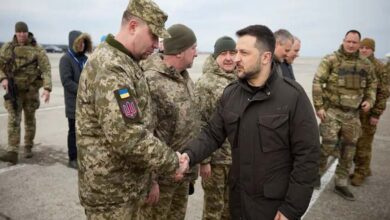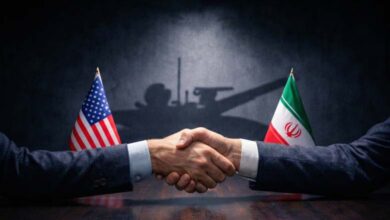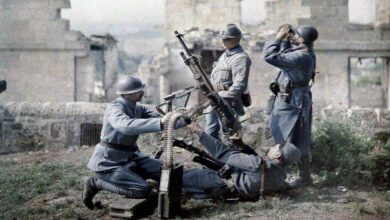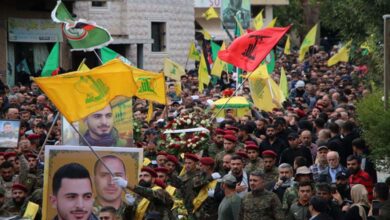The Muslim Brotherhood controls the war, while Al-Burhan is merely a façade… The Foundational ‘Sudan Alliance’ unveils the hidden realities

The legal adviser of the Rapid Support Forces and member of the leadership of the “Foundational Sudan” Alliance, Mohamed Al-Mokhtar Al-Nour, stated that whether the army’s commander-in-chief Abdel Fattah Al-Burhan remains in power or steps down will not alter the course of the war. He stressed that the decision-making power lies with the Islamic Movement, namely the Muslim Brotherhood and its allied groups, foremost among them the Al-Baraa Bin Malik faction, which now holds the reins within the military institution.
-
Calls to Designate the Islamic Movement Muslim Brotherhood in Sudan as a Terrorist Organization
-
The Muslim Brotherhood in Sudan Seeks to Return to the Scene Through International Conferences… Details
In a statement reported by Sky Sudan, Al-Nour explained that the war could only end through the eradication of the Islamic Movement and terrorist groups from Sudan’s political landscape. He argued that negotiations with Al-Burhan and his circle had proven futile for the Sudanese people, noting that their moves in Jeddah, Manama, and Geneva were conducted openly with the aim of halting the conflict and achieving peace.
He further pointed to cracks within the pro-Burhan camp, citing remarks by Mini Arko Minawi about “betrayal from within the trenches” following the Rapid Support Forces’ advance in El-Fasher, as well as criticism from political forces allied with Al-Burhan regarding the African Union’s roadmap, warning that it risked dividing Sudan.
-
Amidst the Crimes of the Muslim Brotherhood in Sudan… The ICC Demands the Disclosure of Bashir and Haroun’s Whereabouts
-
Reasons to classify the Muslim Brotherhood in Sudan as a “terrorist group”
According to Al-Nour, the accusations against the “Foundational Sudan” Alliance were nothing more than disinformation campaigns. He insisted that any political process must be conducted through the alliance to address the deep-rooted crisis dating back to independence in 1956, in line with the “Foundational Charter” and the “Nairobi Declaration.”
In this context, he argued that past agreements such as Abuja and Juba had failed to tackle the root causes of the crisis and amounted only to temporary fixes, while the US-led Quartet initiative—despite the absence of official documents—outlined goals that were acceptable in principle, chiefly ending the war, achieving a comprehensive settlement, and addressing the humanitarian disaster.
Al-Nour concluded by stressing that the “Foundational Sudan” Alliance and the Rapid Support Forces have a clear vision for any potential political process, provided it begins with a comprehensive and decisive approach to resolving Sudan’s deep-seated crisis.
-
Is Sudan Moving Closer to Designating the Muslim Brotherhood as a Terrorist Group?
-
How the Sudanese Judiciary Became a Tool for the Muslim Brotherhood… with Names
-
Between the Army and the Muslim Brotherhood: Why Do Peace Efforts Fail in Sudan?
-
Sudan Without the Muslim Brotherhood: Does Samoud’s Vision Pave the Way for War’s End?
-
Rapid Support Forces Gain Near Full Control of El Fasher Organize Safe Corridors for Civilian Displacement
-
Rapid Support Forces Warn of Islamist Threat to Sudan’s Unity


